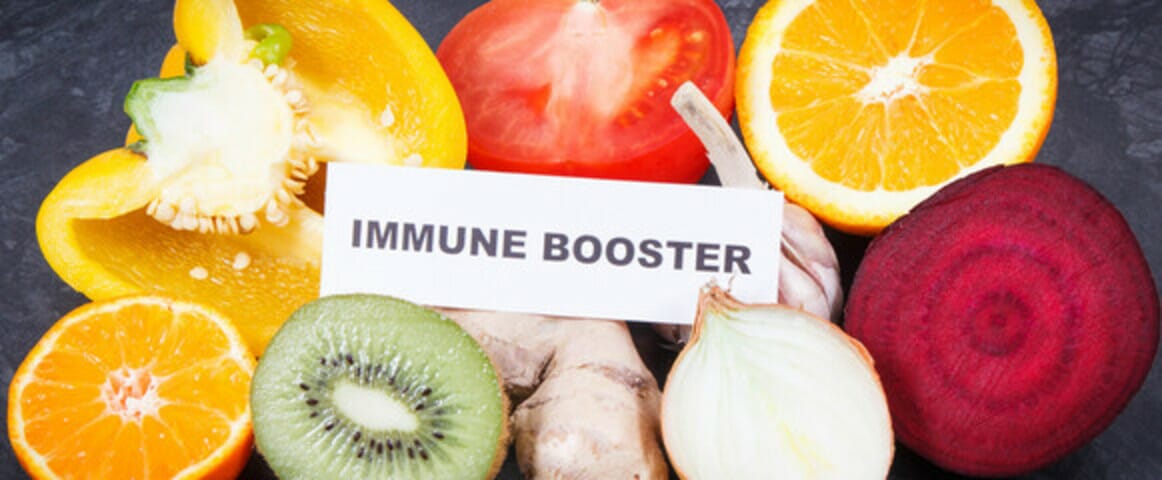Sustainable nutrition was our top trend last year, and it has grown to be so important for the global food system that it has been designated as a megatrend. The concept of sustainable nutrition is becoming ingrained in all food product innovation and consumer decision-making. All of the top health and nutrition trends for 2022 revolve around sustainable nutrition.

1. Plant-based future
The desire for new plant-based foods shows no signs of abating. As the trend gains traction, there is less compromise on taste, nutritional equivalence to animal protein, and the number of product types available. Plant proteins have distinct off-tastes depending on the protein source, and plant-based alternatives face different food safety challenges than animal-based foods. With so much emphasis on plant-based alternatives to animal foods, it’s important to remember that dietary recommendations encouraging plant-based diets are talking about eating more fruits, vegetables, whole grains, legumes, and nuts, and that animal foods do play a role in a healthy diet and in sustainable food systems.
2. Immunity boosters
Immune health will continue to be a top priority for the health and wellness industry in 2021. Rather than focusing on treating conditions, many consumers will strive to avoid them through a stronger immune system. As a result, the food industry will take cues from the supplement industry and develop products containing added nutrients that may support immune booster and overall health, such as zinc, selenium, vitamin C, and vitamin D. Furthermore, alternative remedies have increased in sales and are expected to continue to do so in 2021. Some of the most popular herbal supplements that claim to help boost your immune system are elderberry, echinacea, astragalus, turmeric, and ginger.
3. Mental Health
Although food cannot treat or cure depression, anxiety, or stress on its own, eating a mostly minimally processed diet rich in a variety of nutrients may help support your mental health. Antioxidants, vitamins (e.g., B vitamins), minerals (e.g., zinc, magnesium), fibre, healthy fats (e.g., omega-3s), and other bioactive compounds, such as probiotics, have all been linked to improved mental health. More food and beverage companies will release products containing these ingredients in 2021, with an emphasis on reducing stress and improving sleep, which is also linked to better mental health.
4. Mood, cognition, and sleep
People are becoming more familiar with ingredients such as turmeric, ashwagandha, GABA, L-theanine, ginseng, B vitamins, and gingko, and there is a boom in products using words like “nootropics” and “adaptogens.” When it comes to sleep, eating a well-balanced diet is not only important for overall health and well-being, but it is also important from a sleep standpoint. Certain nutrients may have a specific effect on sleep quality. Fatty fish (>5% fat) is a good source of vitamin D and omega-3 fatty acids, both of which are involved in the regulation of serotonin, which is involved in sleep regulation.

5. Meal pre-packaged
Many people prefer meal kit delivery services because the majority of the prep work, such as grocery shopping, measuring, and cutting, has already been completed. This makes eating healthy much easier and more convenient for a busy person who usually eats takeout during the week. They also believed that the foods were nutrients dense foods. Vitamins, minerals, complex carbohydrates, lean protein, and healthy fats are all found in nutrient-dense foods. Fruits and vegetables, whole grains, low-fat or fat-free milk products, and seafood are examples of nutrient-dense foods.
6. Weight Management
Consumers do not want to focus on deprivation, so taste experiences are an important consideration. Weight management products, with the right formulation and flavours, can still be indulgent experiences, and should be a key focus of this market. For example, kokumi has been shown to increase the number of calories people perceive to be in beef broths without actually increasing the number of calories.
7. Personalized supplements
We know that different people have different reactions to nutritional interventions. Some people, for example, have significant increases in blood levels of lycopene, a bioactive found in watermelon juice, while others have none. Personalized supplements would assist us in understanding what our specific body responds to, allowing us to select the most effective foods to eat for our unique physiologies.
8. Climatarian
Diets are expected to shift to include more environmentally friendly, sustainable food practises, echoing the benefits of localism. Rather than fighting between the two extremes (vegans vs. meat eaters), many people will focus on foods that have the least impact on the environment. Diets, for example, may reduce but not eliminate the consumption of animal products. Instead, consumers could opt for animal products with a lower environmental impact, such as switching from beef to chicken or eating a few plant-based meals per week.
9. Active Ageing
Physical activity and a high protein intake are usually associated with younger people, but these recommendations become even more important as we age in order to maintain muscle mass. To grow or maintain muscle, older adults require significantly more protein than younger adults. However, after the age of 50, people tend to reduce their protein and food intake. Cognitive health, memory, joint health, and hydration are all important aspects of healthy ageing.
10. Nutrition for children
With more children attending virtual school and staying at home, parents are now expected to prepare lunches for their children rather than rely on the school cafeteria. Many parents will be looking for products that are fun for their children while also being nutritious in order to improve their family’s health. Furthermore, as people become more concerned about the presence of sugar and artificial ingredients in their diets, they will seek out foods made with more natural ingredients. Furthermore, supplements for children may be used as additional protection to support their immune system and prevent nutritional deficiencies, particularly in children who are picky eaters.

